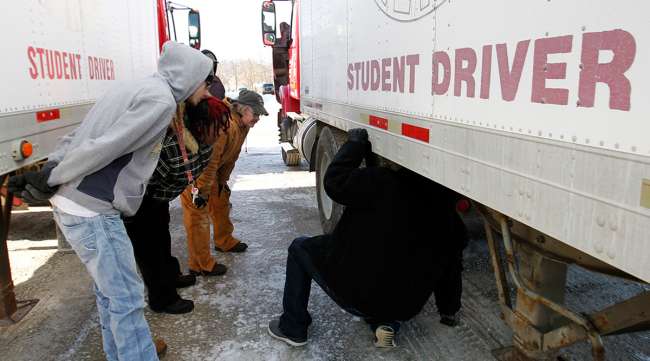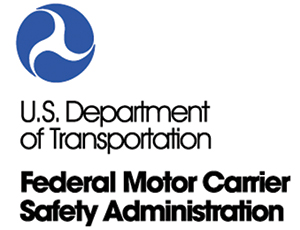Staff Reporter
ELDT Compliance Urged Despite FMCSA’s Proposed Delays

[Stay on top of transportation news: Get TTNews in your inbox.]
Despite proposed delays regarding certain parts of the federal Entry Level Driver Training rule, commercial driver license training schools shouldn’t dawdle as the rule’s upcoming effective date nears, according to training expert Jim Butler.
Butler, who serves as director of CDL programs at Blue Ridge Community College, participated in a webinar hosted by Instructional Technologies Inc. on Aug. 7.
New drivers have until Feb. 7, 2020, to comply with the requirements outlined in the Federal Motor Carrier Safety Administration’s final rule on ELDT. The rule, issued in 2016, stipulates that drivers pursuing Class A or Class B CDLs must complete classroom lessons and behind-the-wheel instruction from groups that are listed on FMCSA’s forthcoming Training Provider Registry, an electronic database that will contain ELDT information.
In mid-July, FMCSA proposed a two-year delay for compliance from certain provisions outlined in the ELDT rule. The agency, which called for the delay because of an information system glitch, is accepting public comment on the proposal until Aug. 19. Even with the proposed delays, the Feb. 7 deadline remains in place for the other training requirements outlined in the ELDT rule.

“Now’s the time to get started,” Butler said. “Follow the steps [and] get this moving so you’re ready when the hammer drops.”
Specifically, the proposal would delay the date by which training providers must begin uploading driver-specific training certification information into the Training Provider Registry. Additionally, it would delay the date by which state driver licensing agencies must confirm that CDL applicants have complied with ELDT requirements prior to taking a specified knowledge or skills test.
The delay would give FMCSA more time to develop the electronic interface system that will store certification information from training providers and transmit that information to state driver licensing agencies. It also would give state driver licensing agencies time to modify their information technology systems to facilitate the receipt of data from the Training Provider Registry.
FMCSA Transportation Specialist Rich Clemente noted that any entity, such as a motor carrier, school or one-person business, can get on the registry as long as it meets the requirements. Training providers are required to retain various documents, including licensing and driving records, copies of permits and CDLs, and lesson plans.
“There are things that prospective training providers can be doing now and making sure they have all their ducks in a row,” Clemente said.

Lefeve
Don Lefeve, president of the Commercial Vehicle Training Association, said his group has created a compliance guide of best practices to help industry members interested in the ELDT certification process. Lefeve said the ELDT rule elevates the level of training and will benefit the industry.
Butler agreed with Lefeve and said the ELDT rule was not a curveball. Butler said Blue Ridge Community College graduates about 125 Class A and Class B students per year.
“We should be trying to up our training to make sure we’re not just compliant, but that we’re giving the best training we have to our students,” Butler said. “When you get behind the wheel of an 80,000-pound tractor, that’s a lot of responsibility.”




